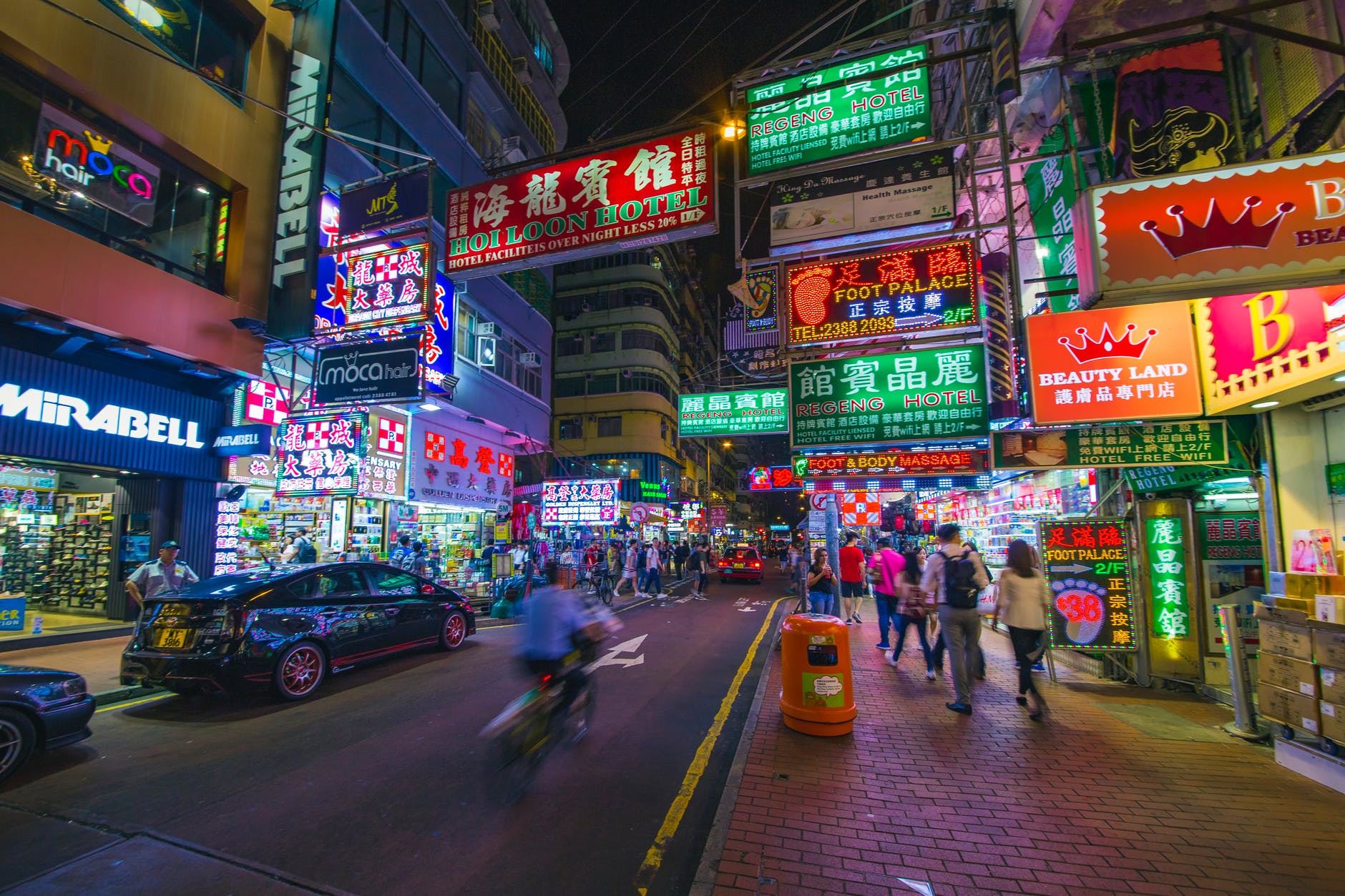
The coronavirus in Hong Kong is not over as the government extends restrictions aimed at curbing the spread of the COVID-19 virus.
The extension will last for another 14 days to preserve the success of Hong Kong in keeping the number of coronavirus cases down, according to Chief Executive Carrie Lam.
The decision to ease restrictions come as governments around the world, such as Australia, the US, and Germany are gradually loosening lockdown measures.
Hong Kong made headlines on Monday when it recorded zero new cases for the first time since early March. The total of coronavirus cases in Hong Kong remains at 1,025 infections and four deaths.
Meanwhile, Hong Kong still does not allow public gatherings of more than four people for 14 days from March 29. They later extended that restriction until April 23.
Other establishments that are not allowed to operate are game centres, cinemas, gyms, and other entertainment venues. Moreover, foreign arrivals at the airport are suspended indefinitely.
“This is indeed a very difficult balancing act,” Lam said during a regular weekly news conference, reflecting on the recession-hit economy.
“For the time being, the better balance to be struck and a safer approach to ensure all these successes that Hong Kong has achieved over the last months would not be wasted is to extend these social distancing measures for another 14 days," he said.
In addition, Hong Kong tried to avoid exponential infections happening elsewhere. The city received praise for a strong community response, founded on the city’s experience with the 2003 Severe Acute Respiratory Syndrome (SARS) epidemic.
Many people are work from home. Shopping malls and restaurants are less busy, while schools remain closed. Almost all Hong Kongers are wearing masks. Office buildings, commercial centres, and public institutions implement temperature checks. There are free sanitizer dispensers are widely available.
Self-discipline among residents is reportedly rooted in widespread lack of confidence in the government’s COVID-19 actions.
The extension of the restriction reduces the possibility of anti-government demonstrations. This has been the situation amid protests over a crackdown on pro-democracy forces and city government officials call for national security legislation that critics say would affect people's freedoms.
Police apprehended 15 activists on Saturday. These include a publishing tycoon, veteran politicians, and senior barristers. The arrest was heavily criticized by foreign governments, international barristers, and rights groups.
Luo Huining, the most senior mainland political official based in Hong Kong, expects the city to issue a national security legislation “as soon as possible” as violent protests in 2019 had eroded its rule of law, prosperity and stability.
Hong Kong unemployment rate
The jobless rate in Hong Kong rose to a nine-year high, according to government figures published on Monday. The coronavirus pandemic has hit consumption as well as the tourism and construction sectors.
The unemployment rate increased from 3.7 percent in the December to February period to 4.2 percent in the January to March period. Meanwhile, total employment fell by around 48,800 to 3.72 million.
"The labor market showed further sharp deterioration as the COVID-19 pandemic severely disrupted a wide range of economic activities," Secretary for Labor and Welfare Law Chi-kwong said.
"(It) will continue to face significant pressure from the economic fallout," he added.
With this, the Hong Kong government reported two rounds of financial relief measures to support the economy. This aid is worth HK$287.5 billion (US$37 billion), but most of the measures were criticized for being heavily focused on employers.
The Fitch Ratings agency downgraded Hong Kong's long-term foreign-currency issuer default rating by one level to "AA-." Hong Kong received a "stable" outlook, as the evaluation considered the financial damages made by the coronavirus pandemic and the impact of anti-government protests on businesses.
"The downgrade also reflects Fitch's view that Hong Kong's gradual integration into China's (A+/Stable) national governance system and associated rise in economic, financial, and socio-political linkages with the mainland justify a closer alignment of their respective sovereign ratings," the agency said.






